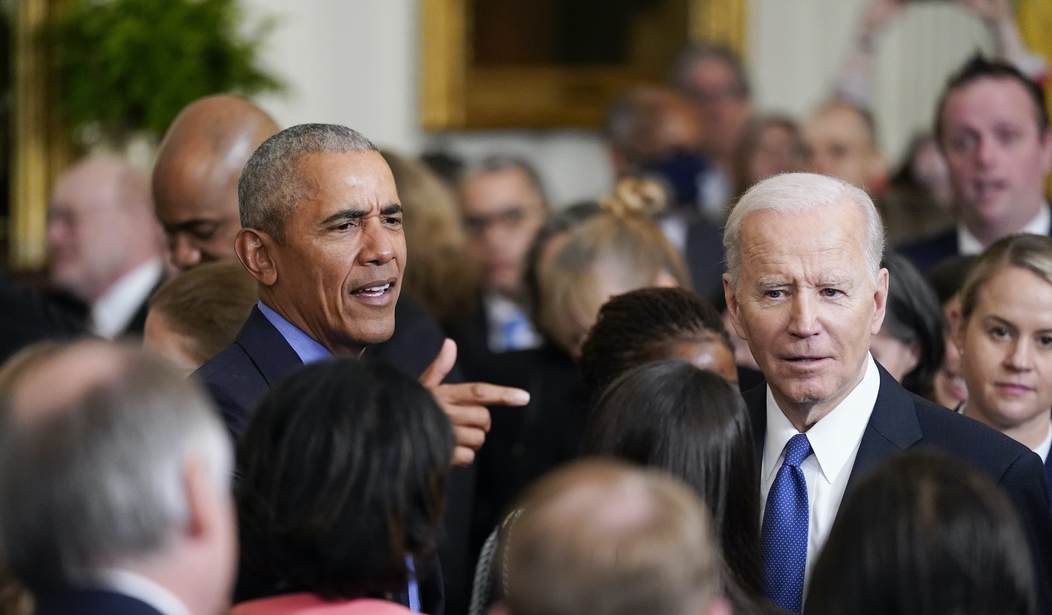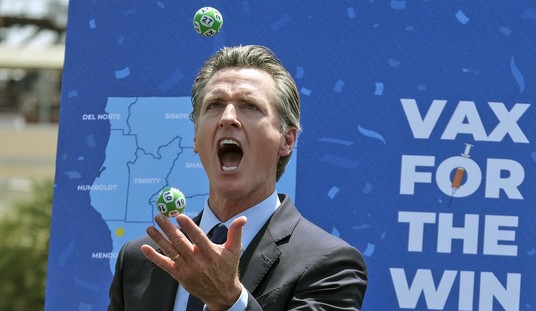Seven years later, we learn from Special Counsel John Durham’s report what was obvious seven minutes into this nonsense: The Russian hoax story was a childish prank. The puerile document was created by political opponents of Donald Trump. Duh — and double duh. Those who perpetuated it helped avert peace abroad and destroy tranquility at home. Divide countries, divide the public, and engender paranoid hate; that’s one heck of a prank.
In 2016 this Hilary Clinton paid-for schlock piece of fabulist political fantasy was discussed in a White House briefing. Were these a confederacy of dunces, devils, or serious intelligence analysts? You be the judge. And ask yourself what was the collective IQ in that meeting as CIA Director John Brennan breathlessly went over Hilary’s hoax documents with President Obama, Vice President Biden, Attorney General Loretta Lynch, and FBI Director James Comey ooing and ahhing. Confirmation bias? Lack of critical thinking? Lack of judgment? Or just any stick to beat a dog named Trump with?
On August 3, 20I6, within days of receiving the Clinton Plan intelligence, Director Brennan met with the President, Vice President and other senior Administration officials, including but not limited to the Attorney General (who participated remotely) and the FBI Director, in the White House Situation Room to discuss Russian election interference efforts. According to Brennan’s handwritten notes and his recollections from the meeting, he briefed on relevant intelligence known to date on Russian election interference, including the Clinton Plan intelligence [the Dossier]. Specifically, Director Brennan’s declassified handwritten notes reflect that he briefed the meeting’s participants regarding the “alleged approval by Hillary Clinton on 26 July of a proposal from one of her [campaign] advisors to vilify Donald Trump by stirring up a scandal claiming interference by the Russian security services.
What are Americans supposed to make of a group of adults who would take this story that was politically too good to be true seriously? Hint, hint: in news and intelligence work, too good to be true is usually just another name for false. A rookie newspaper editor in a small city paper would have laughed the whole thing out of the room.
But, alas, there is a pretty wide consensus in the news business that the Washington press corps is the worst in the business. In Washington, it is more about them than about who, what, where, why, and when reporting. The politicians come and go, but they stay; they matter. The class nerds turned power-drunk Roman emperors are running this show. Thumbs up, and your career lives. Thumbs down, and these keyboard gladiators are free to destroy the good name of the man silly enough to color outside the approved lines. By the time they are done with you, there will be little enough for the lions to eat.
How else do you explain a Pulitzer Prize to the Washington Post and the New York Times for its stories premised on the Russian hoax being a true roadmap to a scoop?
Here is how the Pulitzer Prize describes its National Reporting Award for 2018, “Staffs of The New York Times and The Washington Post”:
For deeply sourced, relentlessly reported coverage in the public interest that dramatically furthered the nation’s understanding of Russian interference in the 2016 presidential election and its connections to the Trump campaign, the President-elect’s transition team and his eventual administration. (The New York Times entry, submitted in this category, was moved into contention by the Board and then jointly awarded the Prize.
RELATED: BREAKING:Long-awaited Durham Report on Russiagate Hoax Released
What would Ernest Hemingway say? A syllogism of his opinion would be as follows: Major Premise: “The most essential gift for a good writer is a built-in, shock-proof, sh** detector. This is the writer’s radar and all great writers have had it.” Minor Premise: Writers in the mainstream media failed to detect this piece of – fantasy. Conclusion: There are no great writers in the mainstream media.
Thank you, Aristotle, for the logic. Thank you, Ernest Hemingway, for the insight. You may have drunk too much at times. You may have been confused in your periods of depression. You may have been a sometimes Catholic and a sometimes Commie dog. But you were at least right about your craft.










Join the conversation as a VIP Member